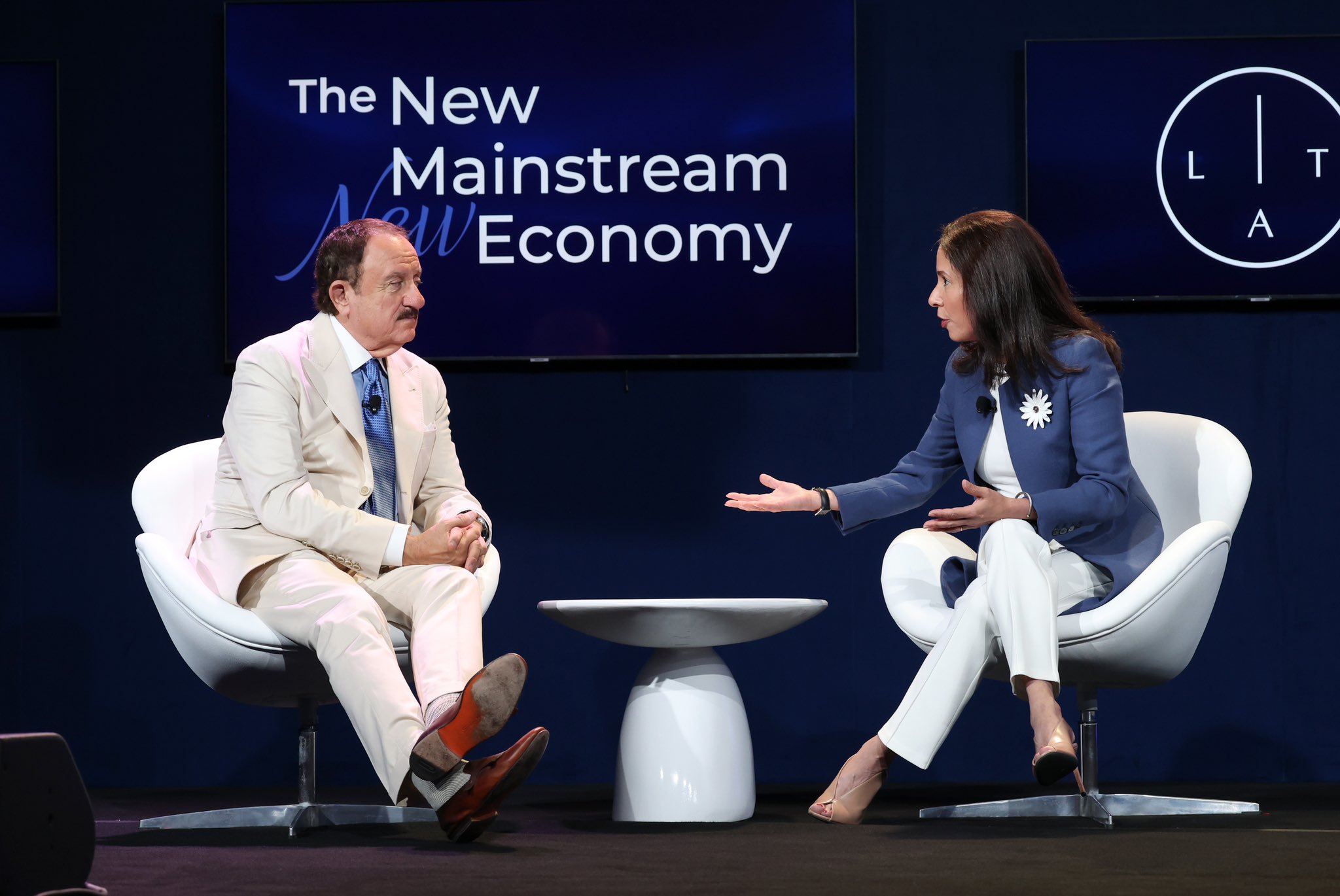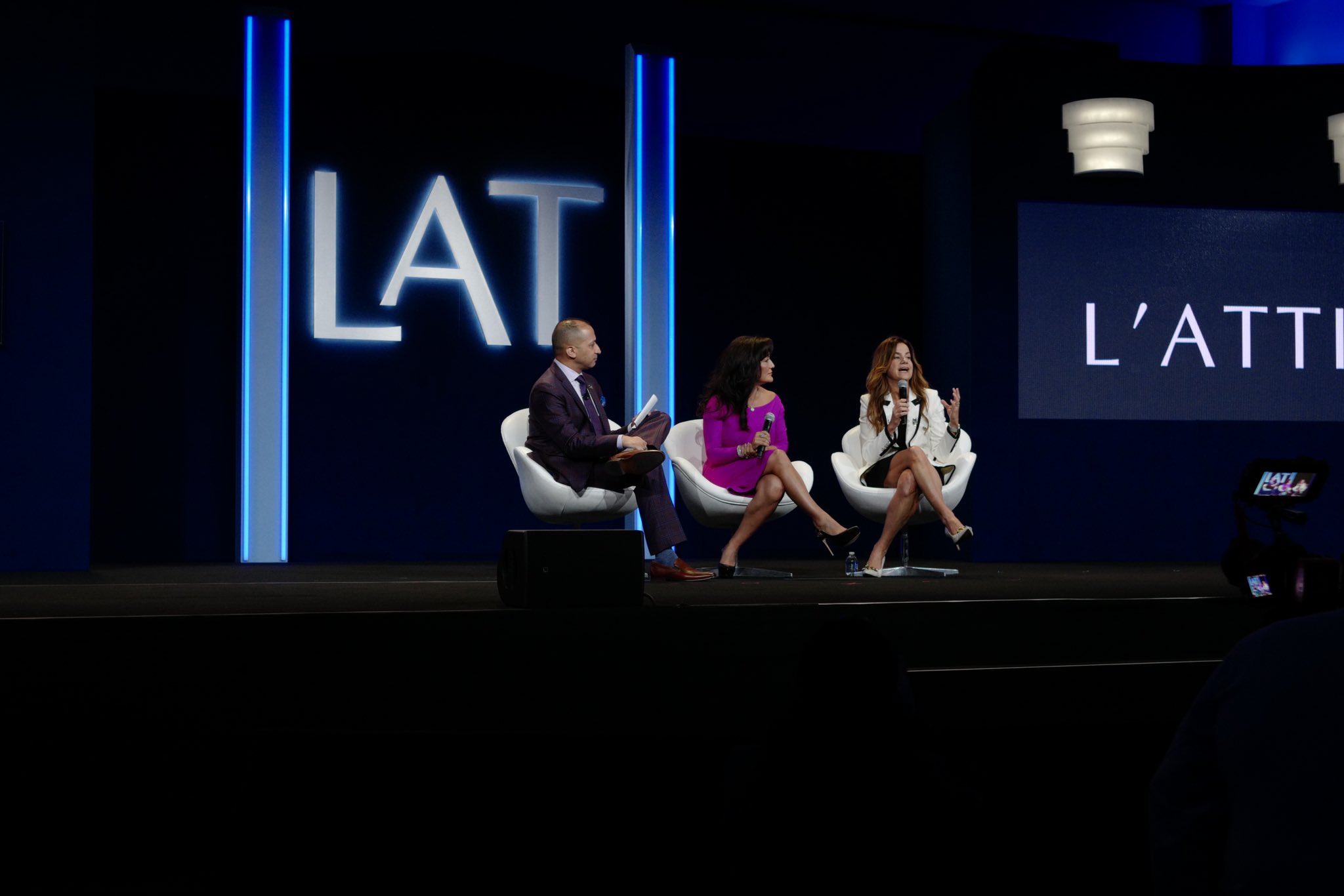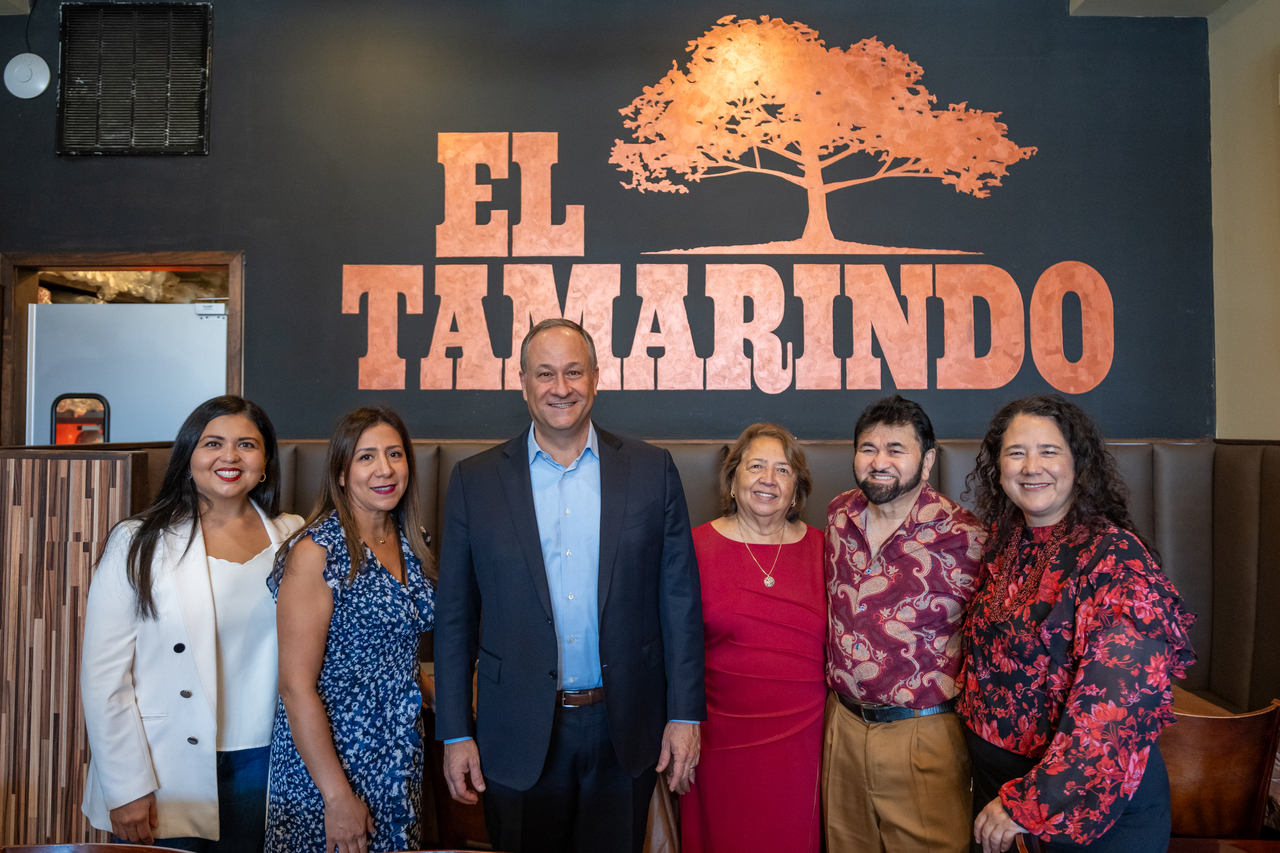
Competition prods ISPs to increase speeds
The Kansas City Star noted a phenomenon when Google Fiber arrived in the area. On July 31, Time Warner Cable announced that it would boost customers' internet…
The Kansas City Star noted a phenomenon when Google Fiber arrived in the area. On July 31, Time Warner Cable announced that it would boost customers' internet speeds — for free — starting in 2015. A day later, Comcast followed suit, one-upping Time Warner Cable’s ante with a promise to enact the faster speed within days.
Kansas City has one of the fastest internet connections in the country, with an average of 49.9 megabytes per second (MBps). To put that into perspective, small towns in Arizona, like Chinle and Fort Defiance, have speeds less than 1.5 MBps. The national average internet speed is 18.2 MBps.
Google Fiber said that it offers speeds of 1000 MBps.
Comcast said that it would increase its customer speeds so that those who get 25 MBps will now get 50 MBps, those with 50 MBps will be upgraded to 105 MBps, and so on, for the same price that they were paying before.
It’s not the first time Comcast raised customers speeds without a catch. In April, the company bumped up customers in Northeastern states and D.C. with 50 MBps and 105 MBps speeds to the next speed levels for no additional cost, and then later did the same for customers in areas of California, Missouri and Texas. A year earlier, Verizon invested $5.7 billion in infrastructure throughout the same areas, including eight Northeastern states, D.C., California and Texas.
According to Federal Communications Commission data analyzed by Quartz, there is little competition in the U.S. when it comes to broadband internet providers. Two in three Americans have two or fewer choices when it comes to internet providers. And the quality and cost of the internet falls behind on an international scale.
The U.S. is behind 20 countries when it comes to internet quality, and behind 25 when it comes to download speeds, according to Ookla, which compiles information on internet speeds. Yet Americans pay more for their internet. U.S. Internet Service Providers (ISPs) charge an average of $3.50 per MBps compared to $0.59 in Romania (second-highest quality), $1.99 in Denmark (sixth-highest quality) and $2.56 in the United Kingdom (eighth-highest quality).










LEAVE A COMMENT:
Join the discussion! Leave a comment.